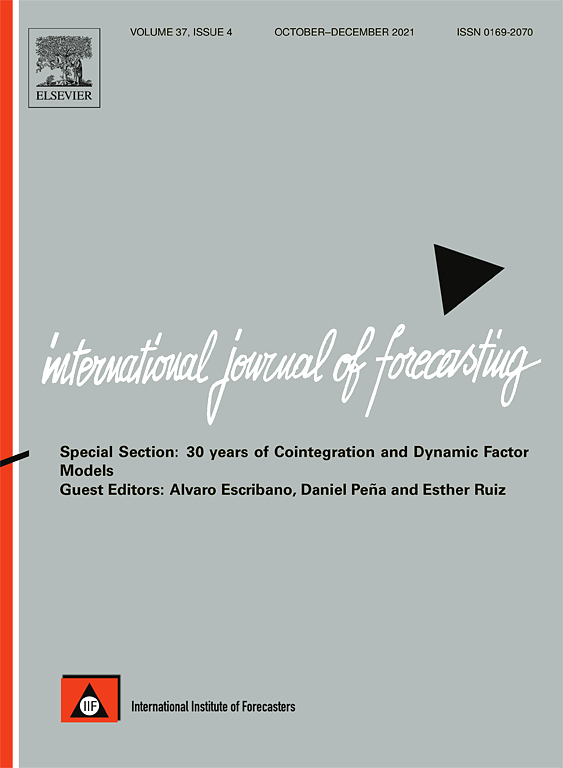We are very proud to have Parameter Efficient Deep Probabilistic Forecasting by Olivier Sprangers, Maarten de Rijke and Sebastian Schelter accepted for publication in the International Journal of Forecasting.
Probabilistic time series forecasting is crucial in many application domains such as retail, ecommerce, finance, or biology. With the increasing availability of large volumes of data, a number of neural architectures have been proposed for this problem. In particular, Transformer-based methods achieve state-of-the-art performance on real-world benchmarks. However, these methods require a large number of parameters to be learned, which imposes high memory requirements on the computational resources for training such models.
To address this problem, we introduce a novel Bidirectional Temporal Convolutional Network (BiTCN), which requires an order of magnitude less parameters than a common Transformer-based approach. Our model combines two Temporal Convolutional Networks (TCNs): the first network encodes future covariates of the time series, whereas the second network encodes past observations and covariates. We jointly estimate the parameters of an output distribution via these two networks.
Experiments on four real-world datasets show that our method performs on par with four state-of-the-art probabilistic forecasting methods, including a Transformer-based approach and WaveNet, on two point metrics (sMAPE, NRMSE) as well as on a set of range metrics (quantile loss percentiles) in the majority of cases. Secondly, we demonstrate that our method requires significantly less parameters than Transformer-based methods, which means the model can be trained faster with significantly lower memory requirements, which as a consequence reduces the infrastructure cost for deploying these models.
